Description
Familiarity with Treatment
Open hernia repair is a surgical procedure used to treat hernias. It involves making an incision in the groin or abdomen to access the hernia, pushing the hernia back into place, and strengthening the weakened area with stitches or synthetic mesh. This procedure has been widely used for many years and is effective for various types of hernias.
Procedure
During open hernia repair, the surgeon makes an incision near the hernia site, identifies the hernia sac, and gently pushes it back into the abdominal cavity. The weakened area of the abdominal wall is then reinforced using sutures or mesh to provide additional support. The incision is closed with sutures or surgical staples. The procedure is typically performed under anesthesia.
Who is it Suitable For?
Open hernia repair is suitable for individuals with different types of hernias, including inguinal hernias, umbilical hernias, and incisional hernias. It is often recommended for individuals with larger or more complex hernias, as well as those with recurrent hernias. The suitability of the procedure is determined on a case-by-case basis, considering the individual’s specific condition and overall health.
Who is it Not Suitable For?
Open hernia repair may not be suitable for individuals with certain medical conditions or contraindications to surgery. The decision to undergo open hernia repair is made in consultation with a healthcare provider or surgeon, taking into account the individual’s specific circumstances.
Advantages
The advantages of open hernia repair include:
- Effective treatment for various types of hernias.
- Allows direct visualization and repair of the hernia.
- Can be performed under local or general anesthesia.
- Provides the opportunity for the surgeon to inspect the surrounding tissues for any additional abnormalities.
Complications
Complications of open hernia repair can include pain, bleeding, infection, seroma (fluid accumulation), hematoma (blood clot), wound complications, recurrence of the hernia, and damage to surrounding structures. However, it is important to note that the risk of complications is generally low, and the procedure has been performed successfully in numerous cases.
Preoperative Care
Preoperative care for open hernia repair involves a comprehensive evaluation by a healthcare provider to determine the need for surgery and the most appropriate approach. This may include medical risk reduction, diagnostic tests, and discussions about the procedure, potential risks, and expected outcomes.
Postoperative Care
Postoperative care for open hernia repair includes pain management, wound care, and monitoring for any signs of complications. Recovery time can vary, but most individuals can expect to return to normal activities within a few weeks. It is important to follow the healthcare provider’s instructions regarding diet, activity level, and any necessary follow-up appointments.
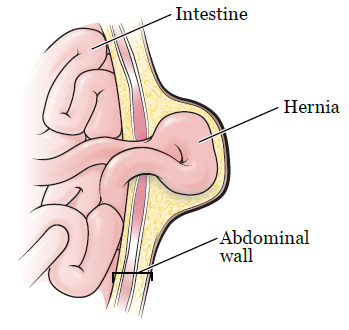
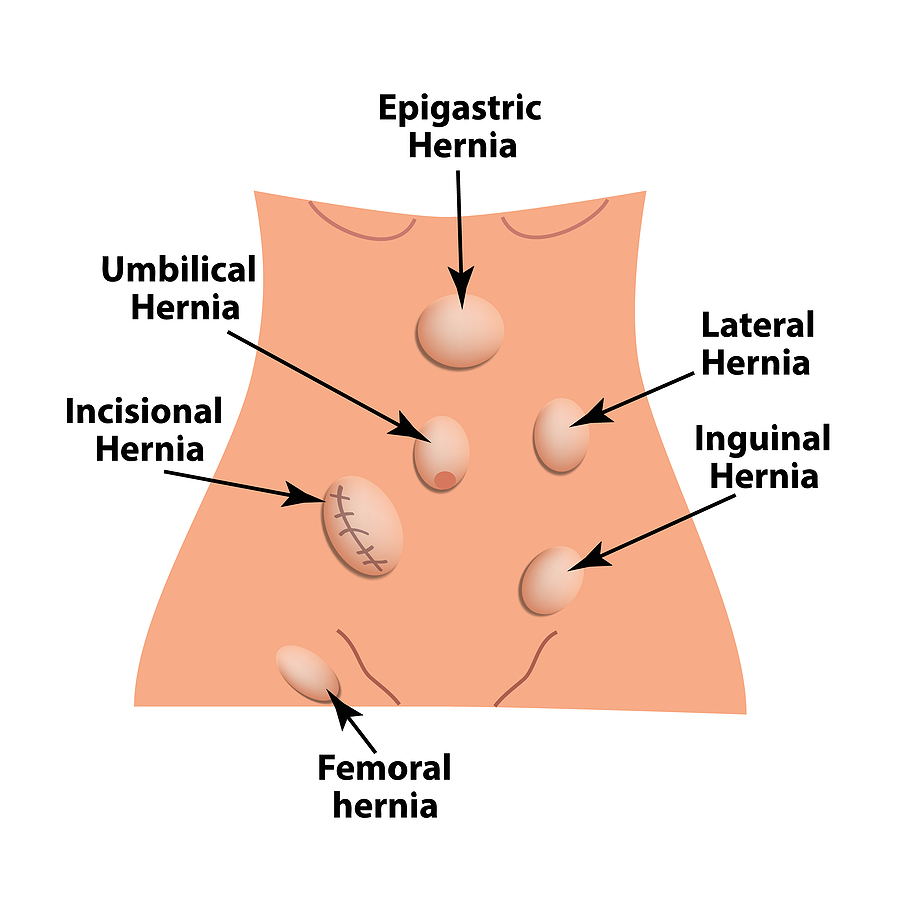
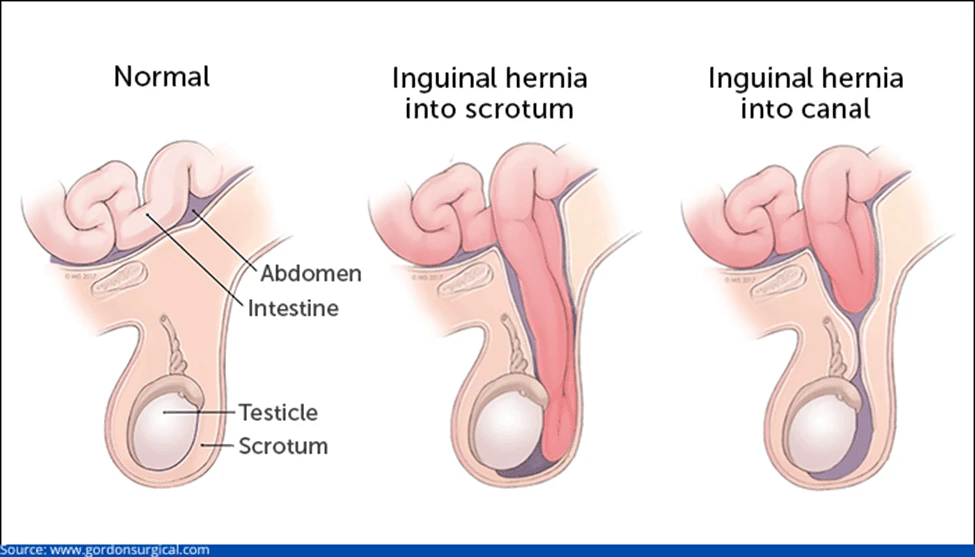
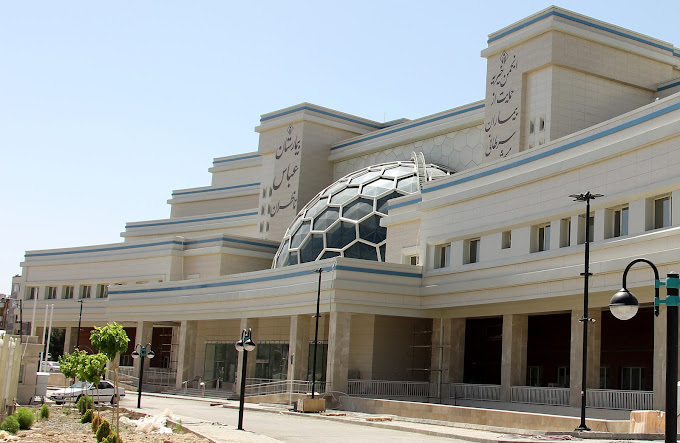



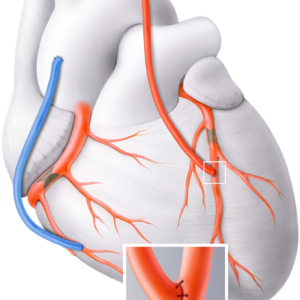

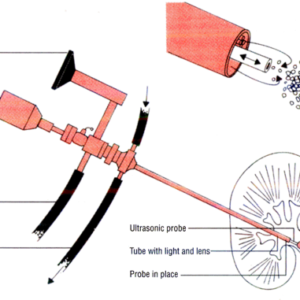

Reviews
There are no reviews yet.